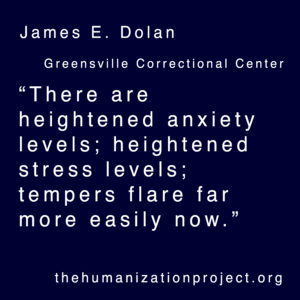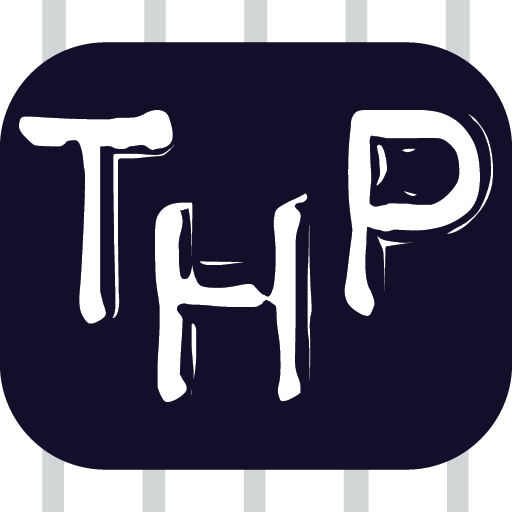
May 3, 2020
As to the inquiry regarding the impact on we the incarcerated by the COVID-19 pandemic, I have passed your questions to a couple dozen of my fellows, considered their responses with my own observations and thoughts, and come away with the following summary for you.
* At the top of nearly everyone’s list is the sense of powerlessness and frustration felt over the fact that their loved ones are out there, at risk, and here we sit, essentially in the dark; watching the nightly news feeds for the latest statistics; praying for a drop in death rates, confirmed cases, and an increase in the number of survivors.
* Following closely on the heels of the above however, is the sense that the Governor tried to do a good thing for the people in here with less than a year left to serve, only to have the Director of the VDOC take every means to gut the intended mercy. There is a sense of betrayal. There is the feeling of having had their hopes fanned to a fever pitch (both prisoners and their loved ones) only to have those hopes dashed by a set of criteria geared at gutting the Governor’s intentions rather than implementing them. People on both sides of the fence are angry.
* There is a growing concern that Greensville, being the single largest prison complex on the Eastern seaboard, is doomed to become a death house for many who could have been released. Here, in Reentry, where most of the building’s residents have less than a year left to serve–and many of those, having completed most of the programs meant to insure that these residents, these “returning citizens” as the program facilitators are want to remind us, will go out less of a threat… People here are questioning the validity of such statements when the Programs say one thing, while the “Compass Assessment” says just the opposite.
* There are heightened anxiety levels; heightened stress levels; tempers flare far more easily now. Staff give lip service to the rationalities of restricted feeding, restricted recreation (in-pod and outside), restricted movement, no programs, etc. But at the end of the day, they cram 10 people into the sally ports for exit to pill calls, where they then stand in lines of less than an arms length of separation. We spend most of our time in our cells with cell partners. The already poor quality of Greensville’s food service is worsening, almost daily.
* Arguments and fights for access to phone calls are more frequent than normal.
* Greensville is becoming habitually “short staffed,” as more and more officers take “sick leave,” or “vacation time,” or simply don’t come in. It is not uncommon to hear, “if that shit does get in here, you have seen the last of me! Do you think I’m coming to work and then get quarantined here, or infected, and carry that shit home to my kids?”
* Tensions are rising. People are scared–which does not translate very humanely in prisons–scared people in prison tend to act out violently.
I hope these thoughts and observations will help the Humanization Project’s efforts to serve both communities, the free and the incarcerated.
